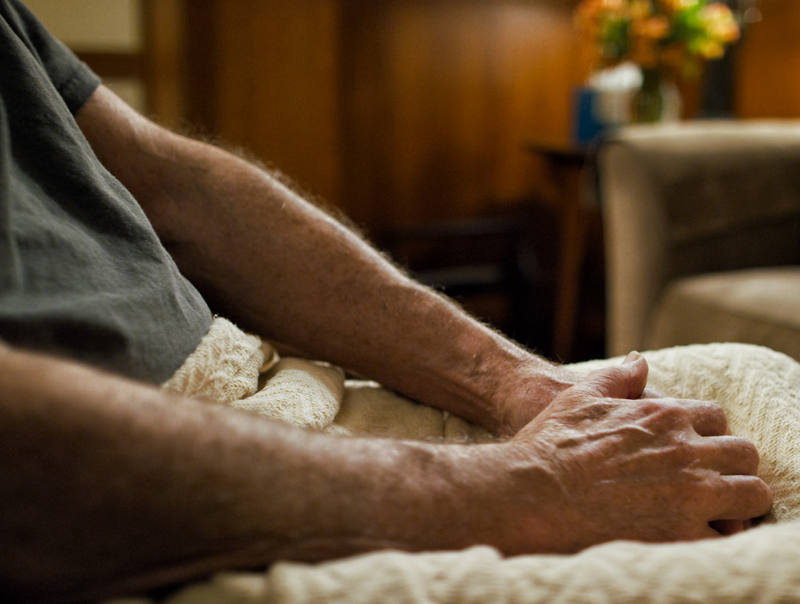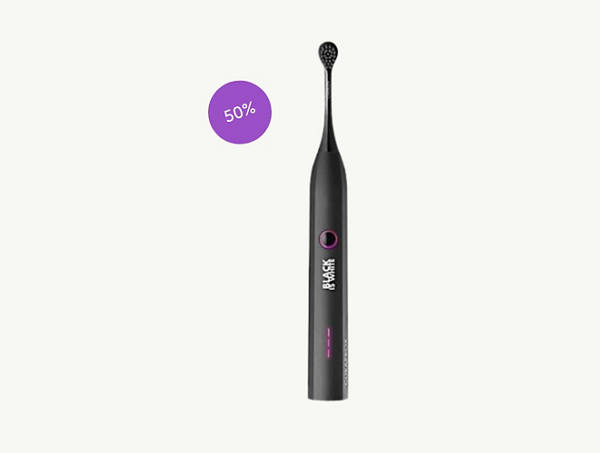
Men’s health
Transformations during puberty and hormonal changes throughout life are just a few challenges that affect male health. We explain which aspects are important for men's health.
Being a man – staying healthy
The male body
The male body is a masterpiece of nature. Powerful, strong and resilient – as long as it functions. Especially in younger years, everything usually runs smoothly without the need for much care and attention. But men too should take care of themselves and invest in their health. We reveal the key aspects of a man’s health in the various phases of his life.
Man in numbers
Average is boring. But a few average numbers about men are still interesting.
Risk factor of being a man
Is being a man a risk factor for a shorter life? A fair question, because in developed countries, being male is the single largest demographic risk factor for premature mortality. For many medical conditions, men have higher mortality rates than women. They’re more likely to suffer fatal accidents and the suicide rate is also higher than for women.
Unhealthy behaviours
The reason for this is partly to be found in many men’s behaviours. Compared to women, men take greater risks in their alcohol consumption, smoke more and, especially in old age, are more overweight. In addition, men attend fewer preventive check-ups and do significantly less sport from around the age of 40.
How men can stay healthy
With small lifestyle adjustments, men can make big changes for the benefit of their health. Our tips:
- Take time for yourself: men often neglect their mental hygiene. Breathing exercises, relaxation in nature, simply taking time out or meditation all strengthen mental health.
- Healthy diet: a balanced diet is important for men's health too. Eat less meat and fewer convenience foods, but plenty of fruit, vegetables and pulses – this will prevent obesity and protect you from free radicals.
- Cut down on substance consumption: a glass of wine now and then isn't a real problem. But smoking too often and drinking too much alcohol do immense damage to your health. Be sure to consume nicotine and alcohol only in moderation.
- Preventive check-ups: check your current state of health and take examinations such as prostate cancer screening seriously. With the Health Account, we will contribute to a CSS check-up.
-
Regular exercise: you can benefit greatly from more exercise, especially in middle and old age. Regular exercise reduces your risk of chronic medical conditions.
Puberty
Puberty is the phase of life when a boy becomes a man. The body and psyche change. Sexuality plays an increasingly important role.
When does puberty take place?
The age at which puberty occurs varies, ranging from around 9 for the start and around 16 for the end. However, it can take until the end of adolescence, i.e. around the age of 25 for the body to fully develop into a man. Reasons for the disparity include hereditary factors, nutrition and physical and mental health.
The body transforms
Puberty signifies the beginning of the maturation of the sexual organs. The testicles, scrotum and penis grow and sperm production begins. In addition, the testicles increase their production of testosterone. Testosterone leads to the formation of secondary sexual characteristics. Pubescent boys notice that their muscles grow, facial and pubic hair appears, and the pitch of their voice deepens. However, puberty also has less pleasant effects. It leads to more blackheads and pimples, more frequent mood swings and stronger body odour due to the formation of sweat glands in the pubic area and under the arms.
First ejaculation
Between the ages of 12 and 14, boys have their first ejaculation. The medical term for this stage of puberty is ejacularche. It marks the beginning of sexual maturity: the adolescent male is becoming capable of reproduction. Often, however, boys don’t even notice these first ejaculations because they occur more frequently at night. Colloquially, they’re known as wet dreams.
Psychological & social transformation
A boy going through puberty not only experiences changes to his body, but to his psyche too, with changes to his behaviour, mood swings, fatigue and a drop in performance levels. One reason is his hormones and the other is the new connections that are forming between nerve cells in the brain. Such psychological and physical changes don’t always make puberty easy. As a growing young man, the boy has to get used to a new body image and is often likely to feel misunderstood. But this is normal. Social anxiety, loneliness and insecurity are all part of the pubertal development phase.
Andropause
Andropause, often described as the male menopause, is subject to debate. Although it's a fact that sex hormones (androgens) naturally decrease with increasing age, a real change – as experienced by women – doesn’t occur. This is because male gonads remain functional and their fertility continues into old age.
Symptoms
Nevertheless, from the age of 45 onwards, many men have symptoms similar to the typical menopausal symptoms experienced by women. If various symptoms occur and intensify over a longer period of time, it’s worth consulting a doctor as this can indicate a testosterone deficiency.
Typical medical conditions
Gender-specific differences exist in medicine. The bodies and psyches of men and women are susceptible to different medical conditions. But which illnesses are typical? These are the medical conditions found only, or more commonly, in men:
- erectile dysfunction
- androgen deficiencies and especially testosterone deficiency
- prostatitis
- benign prostate enlargement
- prostate cancer
- tight foreskin
- cardiovascular diseases
- gout
- addiction
- antisocial personality disorders
Gender medicine
Medicine has long viewed men as the prototype. Today, gender medicine examines health differences between the sexes and exposes the deficiencies that relate mostly to women. However, when it comes to mental illness, researchers have also discovered deficiencies that affect men.
Psychological disorders in men
Psychological disorders are diagnosed less often in men than in women. However, men suffer more often from addictions and their suicide rate is significantly higher. This leads to the assumption that psychological disorders in men aren't properly recorded. As an example: depression manifests differently in men and women. Typical depressive symptoms such as dejection, ruminating, listlessness and withdrawal tendencies are more common in women. Men, on the other hand, often suppress their mental problems, leading them to suffer more from physical symptoms.
Studies have been able to prove that psychiatric-psychotherapeutic diagnostics do not record depressive symptoms in men.
Seek help
Men often have the feeling that they can't permit themselves any weaknesses and are responsible for overcoming their problems alone. But psychological disorders like burnout or depression also affect men. If you feel overwhelmed, seek help. Talk to your close acquaintances or consult a professional.






